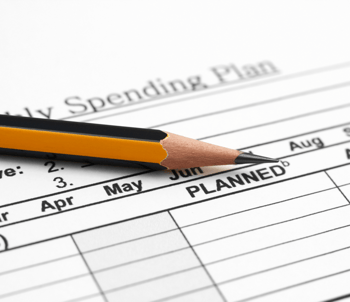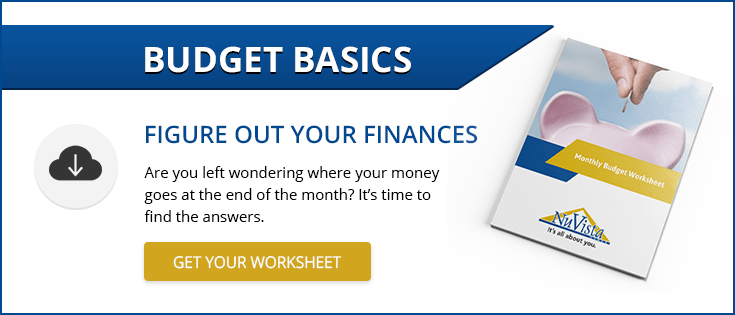 The end of the year is approaching. Are you in control of your finances, or are you already cringing at the thought of holiday expenses driving you into the red?
The end of the year is approaching. Are you in control of your finances, or are you already cringing at the thought of holiday expenses driving you into the red?
Here are six quick tips for solving next year's money problems before they even begin.
1. Track Your Spending
In the age of financial apps and online bank statements, there's really no excuse for not tracking your spending. Even if it's just checking your bank account at the end of the day and writing the total sum on your desk calendar, you need to pay attention to your money situation if you're serious about fixing it. Covering your eyes and ears will get you nowhere.
 2. Create a Debt Management Plan
2. Create a Debt Management Plan
Don't wait until January 1st to start chipping away at your debt. You'll feel so much better if you're already paying them off when the New Year rolls around.
Remember, you don't have to reimburse your lenders or credit card companies all at once; most establishments will be more than happy to create payment plans for you. You can start the year with your head already emerging from the sandstorm of your debt.
3. Establish a Budget
Some people like budgets with "spending ceilings" so they'll know when to stop. Others prefer open-ended budgets where the dollar amount is flexible as long as they stay within certain spending ratios for food, rent, utilities, and entertainment. There's no right or wrong answer when it comes to making a budget, so figure out what works for you as an individual.
Our FREE monthly budget worksheet can help you accurately track your expenses.
 4. Save A Little Something Each Month
4. Save A Little Something Each Month
Maybe you're contributing towards your Registered Retirement Savings Plan (RRSP) or saving up for your down payment on a new home. Maybe you're just stashing some extra cash in your savings account for a rainy day.
The details don't really matter as long as you're making a concentrated effort to put aside some money each month. You need to get familiar with the feeling in order to make bigger, more long-term savings down the line.
5. Lower Your Monthly Bills
Take advantage of the opportunity for mortgage refinancing. Raise the deductible on your car insurance to decrease your monthly premiums. Ask your utility company if they'll price-match an offer from a competitor. There are many ways to save money on your regular expenses; you just have to look for them.
6. Plan for the Holidays
You already know that the holiday season is expensive. Why don't you go ahead and plan for these additional expenses right now? Whether it's putting gifts on layaway or just saving X number of dollars every week until it's time to shell out for wreaths and ugly sweaters, you can lessen the financial burden of the holidays by planning for them weeks in advance.
These are just a few ways to cultivate better saving habits for a stronger financial future. Whether you're earning a weekly paycheck or an annual salary, everyone can benefit from smart financial practices.
Stay tuned for more to come!





